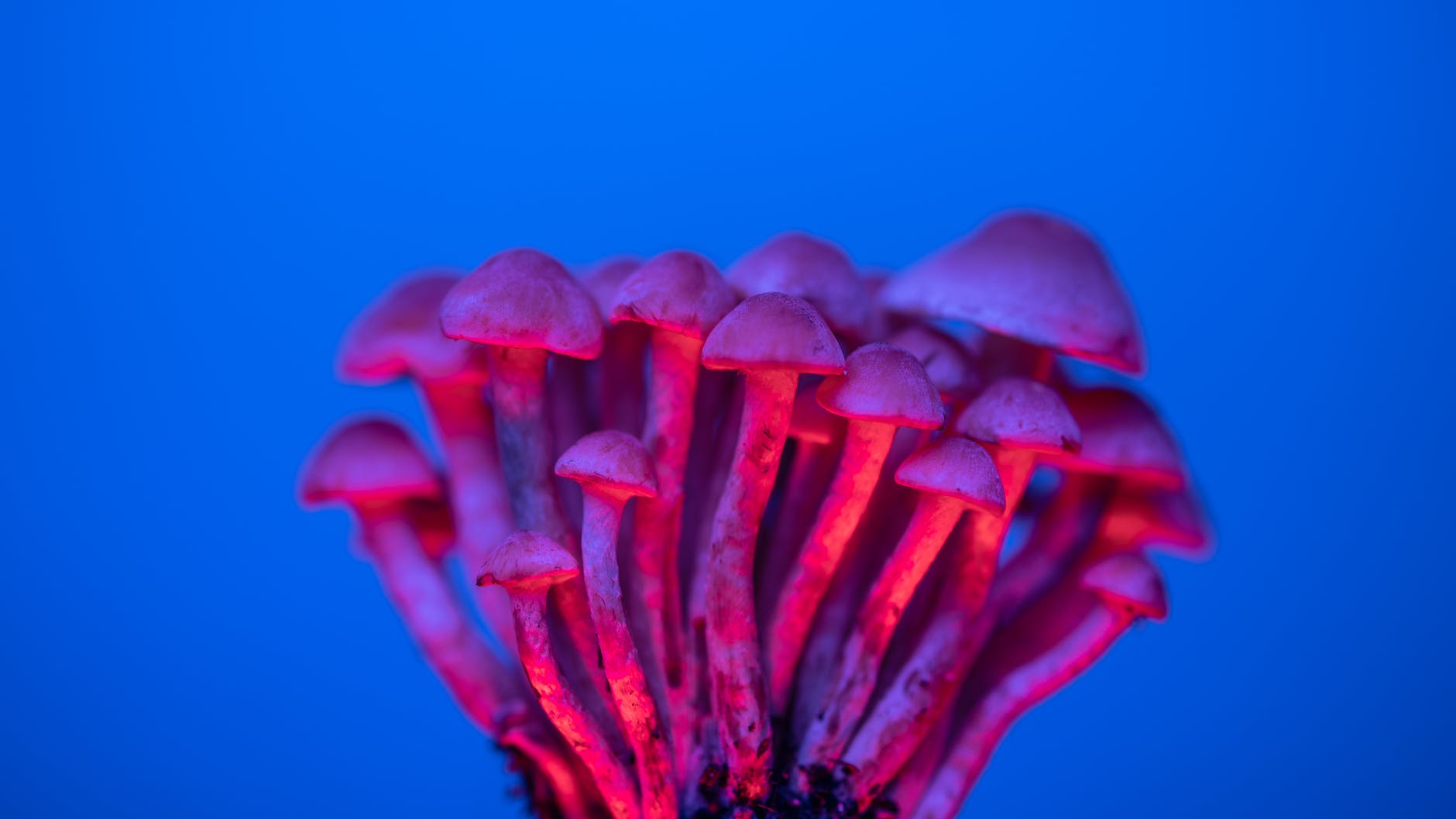In recent years, there has been growing interest in the potential of classic psychedelics as a groundbreaking approach to treating various mental health conditions, including depression, anxiety, PTSD, and substance use disorders. Among these psychedelics, psilocybin, found in certain mushroom species, commonly referred to as magic mushrooms, has been gaining significant attention for its promising results in controlled therapeutic settings.
Understanding Psilocybin:
Psilocybin is a psychoactive compound that interacts with specific serotonin receptors in the brain, leading to alterations in mood, cognition, and perception. These profound changes in consciousness are believed to have therapeutic potential, particularly in the treatment of depression.
It’s important to note that psilocybin is currently classified as a Schedule I drug and has not been approved by the Food and Drug Administration (FDA) for clinical use.
The Promise of Psilocybin Therapy:
Research on psilocybin began in the 1940s, exploring its potential as a psychedelic medicine for various psychiatric conditions, including depression and substance use disorders. However, all research and clinical use were halted in the 1970s when psilocybin was classified as a Schedule I drug, making it illegal.
Current research suggests that psilocybin therapy holds promise for the following conditions:
- Major depressive disorder
- Treatment-resistant depression
- Alcohol use disorder
- Anxiety at the end of life or existential distress
- Tobacco use disorder
- Obsessive-Compulsive Disorder (OCD)
Understanding Psilocybin’s Side Effects:
Psilocybin therapy can lead to mild or intense side effects. Milder symptoms may include headaches, nausea, changes in body temperature, and elevated heart rate and blood pressure. However, some individuals may experience psychological reactions like anxiety, paranoia, or disorientation.
Patients with a personal or family history of psychosis or manic episodes may be at an increased risk of prolonged episodes of these conditions when using psilocybin.
How Does Psilocybin Therapy Work?
In clinical studies, psilocybin therapy involves intensive psychotherapeutic preparation before the administration of the substance. Patients are supported throughout an eight-hour session, often with two therapists present. Following this session, patients and therapists engage in integration sessions to help individuals apply their experiences to their daily lives.
“It’s not just about taking a pill to treat symptoms; it’s about the therapeutic approach, intentions, and support within a therapeutic context.”
Why Consider Psychedelics for Depression?
Standard antidepressants do not provide remission for approximately 30% of individuals. Psychedelics like psilocybin could offer a new avenue of hope for those suffering from depression.
There is tremendous promise in this field.
In conclusion, psilocybin therapy is a burgeoning field with the potential to revolutionize the treatment of depression and other mental health disorders. Although promising, it is essential to continue research and ensure the safety and legality of these treatments before they become widely available.

